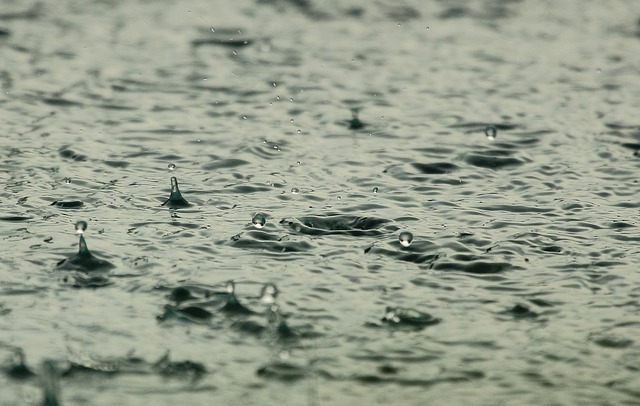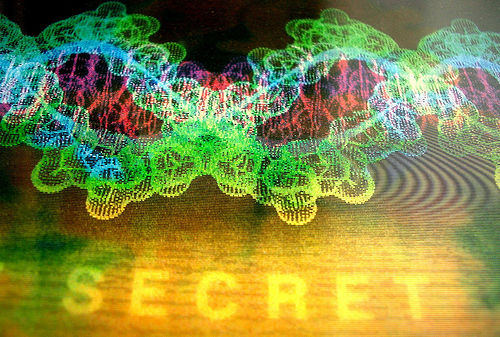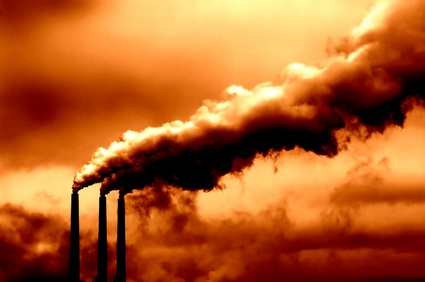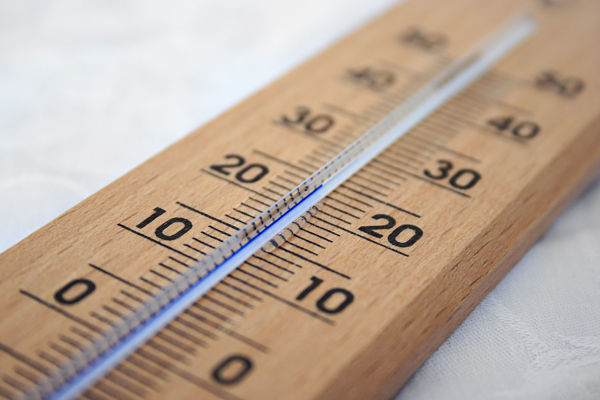The science of ‘stuff’, Chemistry seeks to understand what things are made of, and how these constituents behave. This involves studying the interactions between atoms and the larger structures they form, predicting further interactions, and deriving practical applications of this knowledge.
Due to the highly versatile nature of carbon and the way it interacts with the other elements, chemistry is traditionally divided into three main subdisciplines. The first is organic chemistry: the study of molecules built around a framework of carbon, hydrogen and oxygen atoms. The second subdiscipline is inorganic chemistry, which is the study of all of the remaining chemicals and their interactions. Finally, physical chemists crunch numbers to analyse the inherent properties of chemical reactions and apply the laws of physics to chemical phenomena. These three subdisciplines overlap, combine and are applied to many different fields to produce a range of branches impacting on practically every aspect of the world around us.
We've published 25 articles and 35 specialist blog posts about chemistry so far, featuring 397 unanswered chemistry questions! But we're not done yet as there are still plenty of ongoing chemistry research areas to write about, so come back soon!
Recent Chemistry News
Get customised news updates on your homepage by subscribing to articles
Our chemistry articles
Login or register to get customised updates
Our latest chemistry blog posts
Our blog posts focus on a specialist topic.
Many are written by scientists about their ongoing research, others by the TWDK team.






Delve deeper into Chemistry
Can't find what you're looking for? Browse the branches of chemistry that interest you most.
 Analytical Chemistry looks at what things are made of, and finding new ways to determine what they're made of.
Analytical Chemistry looks at what things are made of, and finding new ways to determine what they're made of.
 Astrochemistry is the study of the chemical make-up of the universe, and the reactions and interactions that take place in stars and other astronomical bodies.
Astrochemistry is the study of the chemical make-up of the universe, and the reactions and interactions that take place in stars and other astronomical bodies.
 Biochemistry is a broad area of chemistry covering the chemical processes involved in life itself.
Biochemistry is a broad area of chemistry covering the chemical processes involved in life itself.
 Environmental Chemistry tracks chemical processes in soil, air and water, and studies how they interact with humans, plants and animals.
Environmental Chemistry tracks chemical processes in soil, air and water, and studies how they interact with humans, plants and animals.
 Geochemistry is the use of Chemistry to study the composition and mechanisms of major geological systems such as Earth.
Geochemistry is the use of Chemistry to study the composition and mechanisms of major geological systems such as Earth.
 Green Chemistry is concerned with the design and development of new sustainable technologies and products.
Green Chemistry is concerned with the design and development of new sustainable technologies and products.
 Inorganic Chemistry looks at the entire periodic table, its trends, the formation of non-carbon-based compounds and their applications in new technologies.
Inorganic Chemistry looks at the entire periodic table, its trends, the formation of non-carbon-based compounds and their applications in new technologies.
 Materials Science deals with the structures and properties of materials.
Materials Science deals with the structures and properties of materials.
 Nuclear Chemistry is the science of radioactive elements, and studies the effect of radiation on the chemistry of materials.
Nuclear Chemistry is the science of radioactive elements, and studies the effect of radiation on the chemistry of materials.
 Organic Chemistry focusses on carbon-based compounds such as those that make up life, and deals with molecular reactions and drug syntheses.
Organic Chemistry focusses on carbon-based compounds such as those that make up life, and deals with molecular reactions and drug syntheses.
 Physical Chemistry uses mathematical modelling to discover the rate laws, mechanisms and underlying principles behind core chemistry.
Physical Chemistry uses mathematical modelling to discover the rate laws, mechanisms and underlying principles behind core chemistry.
Or try our advanced search.










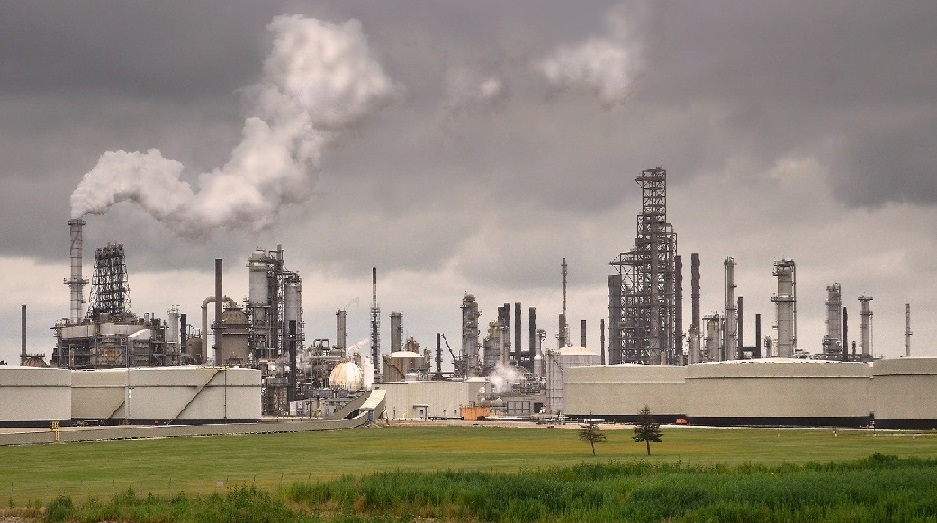
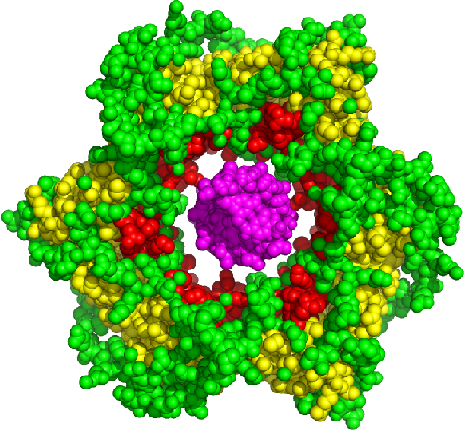


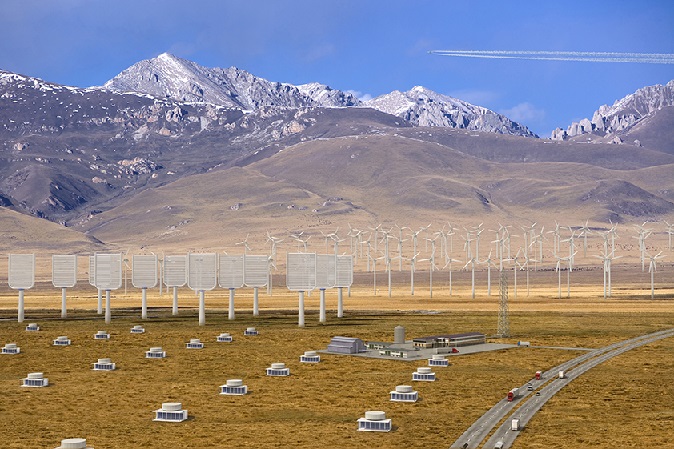

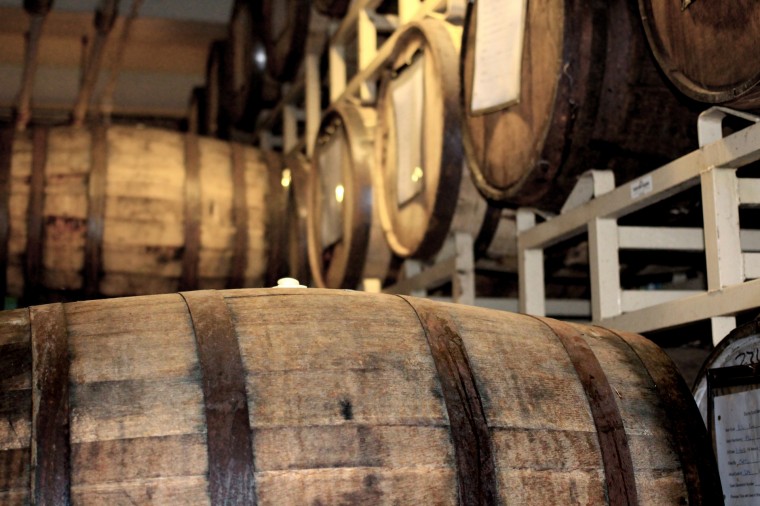

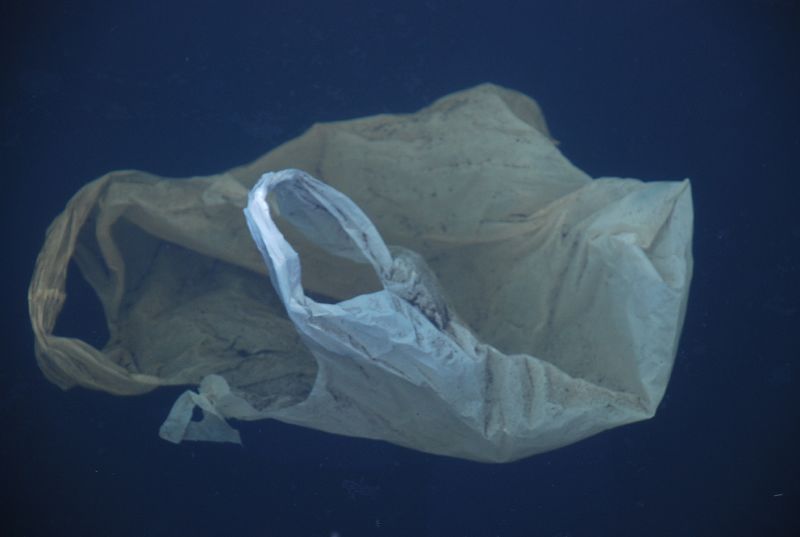

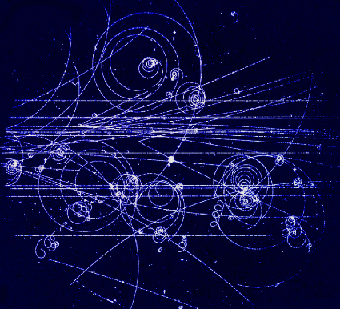
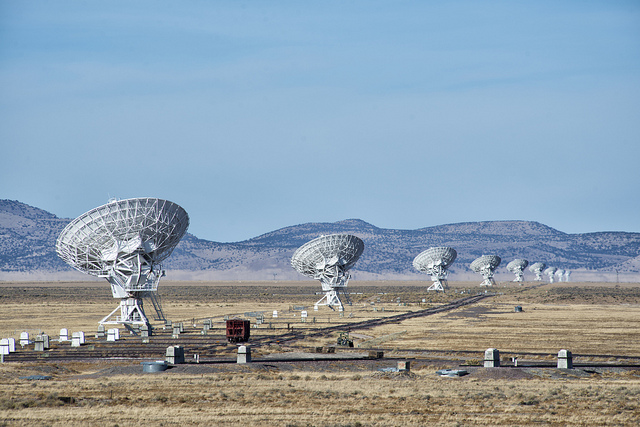
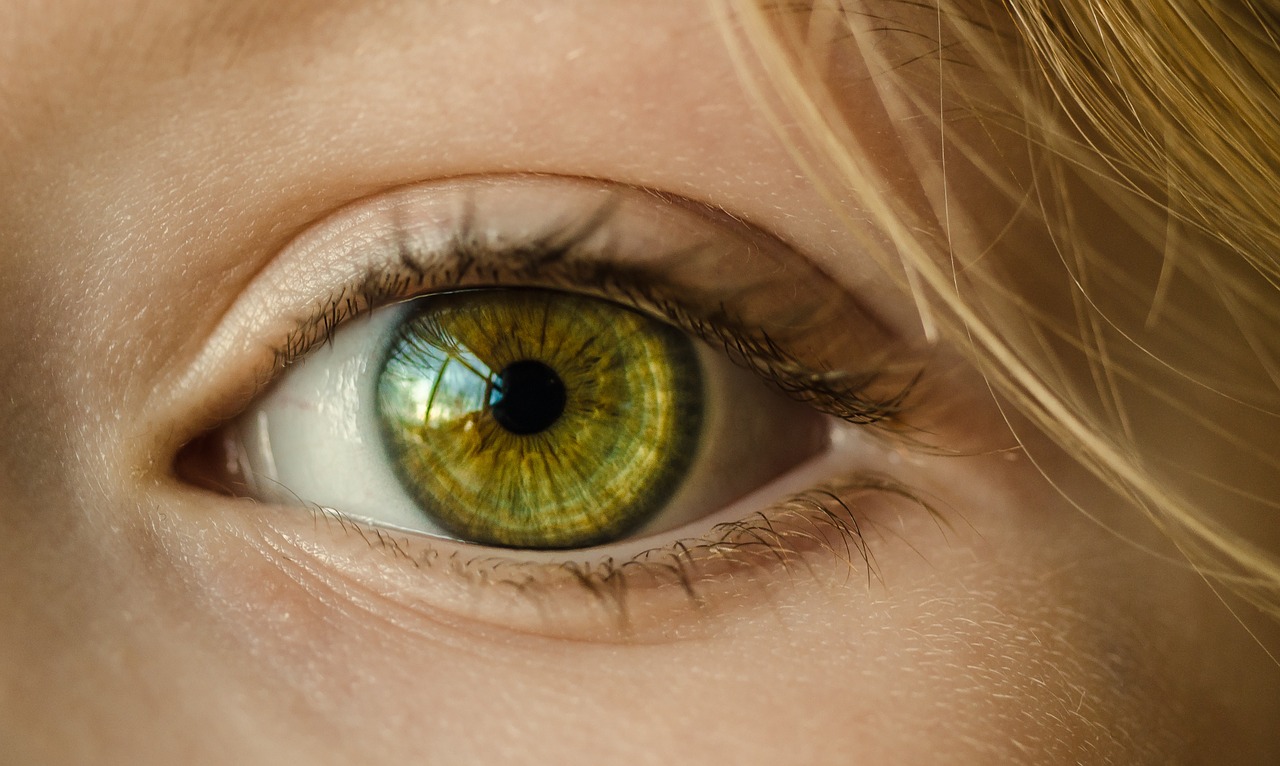





![Immune system Image credit: James Gathany (CDC Public Health Image library ID 11162) [Public domain], via Wikimedia Commons](https://www.thingswedontknow.com/img/sci/1024px-sneeze.jpg)
